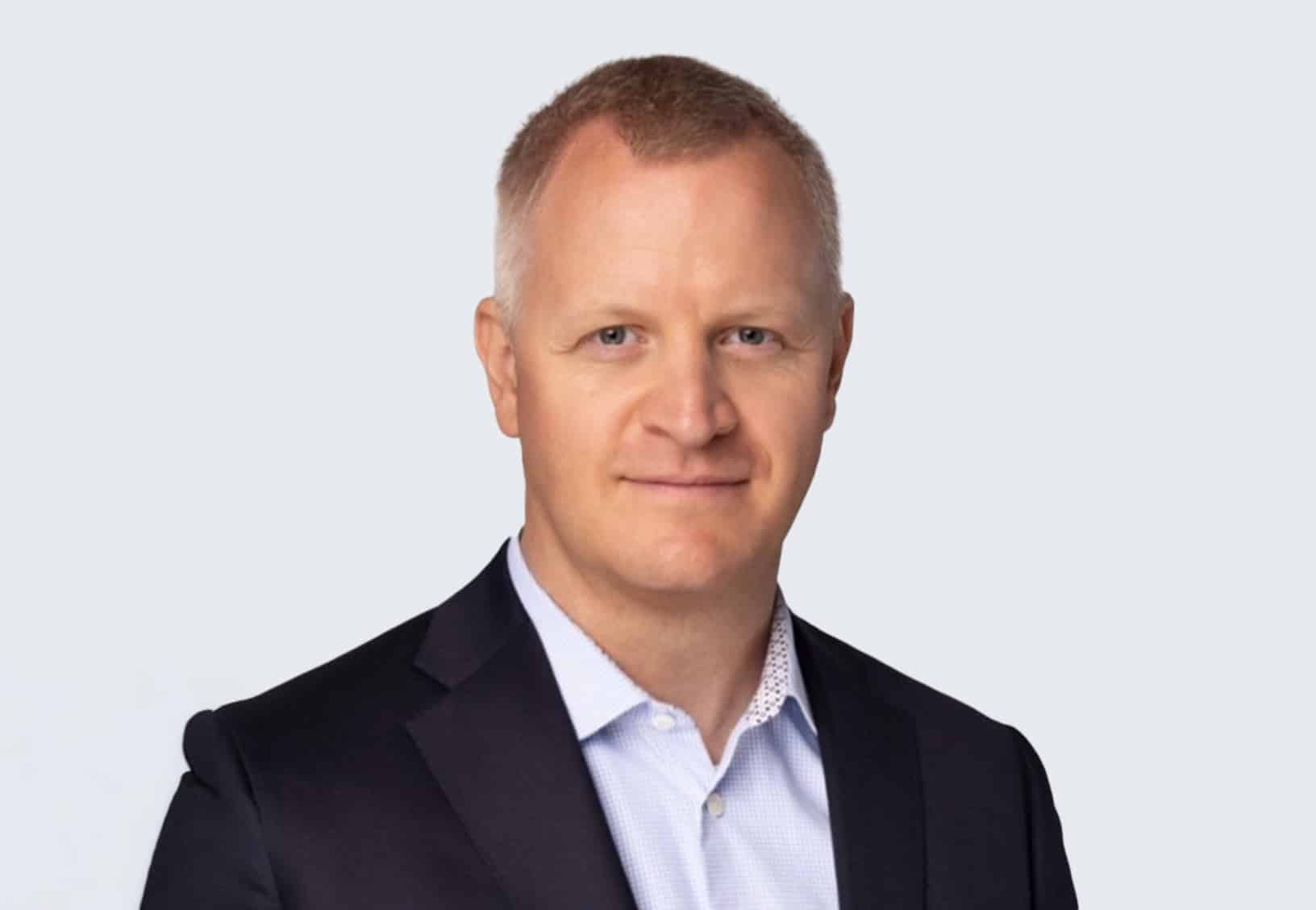
Sebastian Diers
Managing Director & Senior Partner


The world is becoming more unpredictable, geopolitical uncertainties, technological upheavals and complex market changes catch many companies unprepared.

In an interview with the Handelsblatt, Sebastian Diers, Managing Director at EFESO DACH; explains why classic strategies are no longer sufficient and how companies remain capable of acting through intelligent systems, adaptive structures and digital excellence, from the shop floor to the management level.
Six major trends are responsible for the current sharp increase in complexity, dynamism and heterogeneity: firstly, the “dissolution” of global frameworks, as a result of which many factors are not considered stable but must be actively taken into account strategically. Secondly, the parallelization of trends, which therefore cannot be dealt with one after the other.
Thirdly, a shortening of the time periods available for decisions — with simultaneously low forecast quality and a high need for innovation. Fourthly, the need to deal with challenges with a large time and content dimension in times that are difficult to predict: This includes topics such as geopolitical changes, climate, demographics, deglobalization, the restructuring of the energy supply or the industrial transformation. Fifthly, dealing with artificial intelligence and digitalization, and sixthly, the loss of common sense at various levels.
“We observe that these changes often hit companies unprepared. The existing processes, tools and skills are simply not good enough to make and implement the right decisions quickly. When complexity and dynamism increase to such an extent, intelligence becomes a critical and scarce resource. This is definitely a paradigm shift,” explains Sebastian Diers, responsible for EFESO Management Consultants’ business in the DACH region.
With around 1,000 employees at over 35 locations, EFESO is one of the leading operations consultancies with a focus on integrated optimization and further development of technologies, processes, product costs, systems and supply chains. “In the future, intelligence will make the difference. That’s why companies need to focus intensively on the concept of intelligence and look for ways to make their decision-making processes, production structures and value creation networks smart, adaptive and creative. And, of course, there is also the question of how data-based technologies, especially artificial intelligence, can support and accelerate this development. In future, ROI will mean return on intelligence — if we succeed in making intelligence the driving force for transformation and further development in the industry. This is exactly where we support our customers,” says Diers.
In order to increase the return on intelligence, it is necessary to make systems and machines intelligent. This is because the outdated equipment of many manufacturing companies, from production halls to systems and machines, can no longer be adapted to the rapid technology cycles and disruptive market upheavals and is becoming an increasingly critical bottleneck factor. Without smart production concepts and digital initiatives, it will not be possible to shape the footprint of the future.
Flexibility becomes key. Faster technological changes require greater speed and efficiency in terms of CapEx. To achieve this, the time required for analyses must be significantly reduced and even long-term investments and high-risk decision-making processes must be accelerated. Digital excellence enables companies to develop high-quality products and distribute them cost-effectively. This goes hand in hand with a focus on highly intelligent talent. After all, digital excellence does not depend on technological tools alone. It is also important to enable employees to use these technologies effectively and efficiently in order to strengthen the organization’s performance and continuously develop it further and promote shared crowd intelligence within the company.
“In today’s dynamic world, even long-term goals are fluid. Instead of planning from a predetermined end state, the focus should be on the next relevant step. This requires a shift from a static strategy of positioning to a strategy of movement: a strategy that emphasizes continuous learning, rapid adaptation and resilience,” emphasizes Sebastian Diers. “In order to successfully design change projects and — from the store floor to management — to leverage individual potential, determine the goals in change management and implement them successfully.”
From the analysis of existing structures to the definition of the target organization and target processes through to effective implementation and rollout: EFESO supports all phases of transformation in order to anchor change successfully and permanently in the company.

